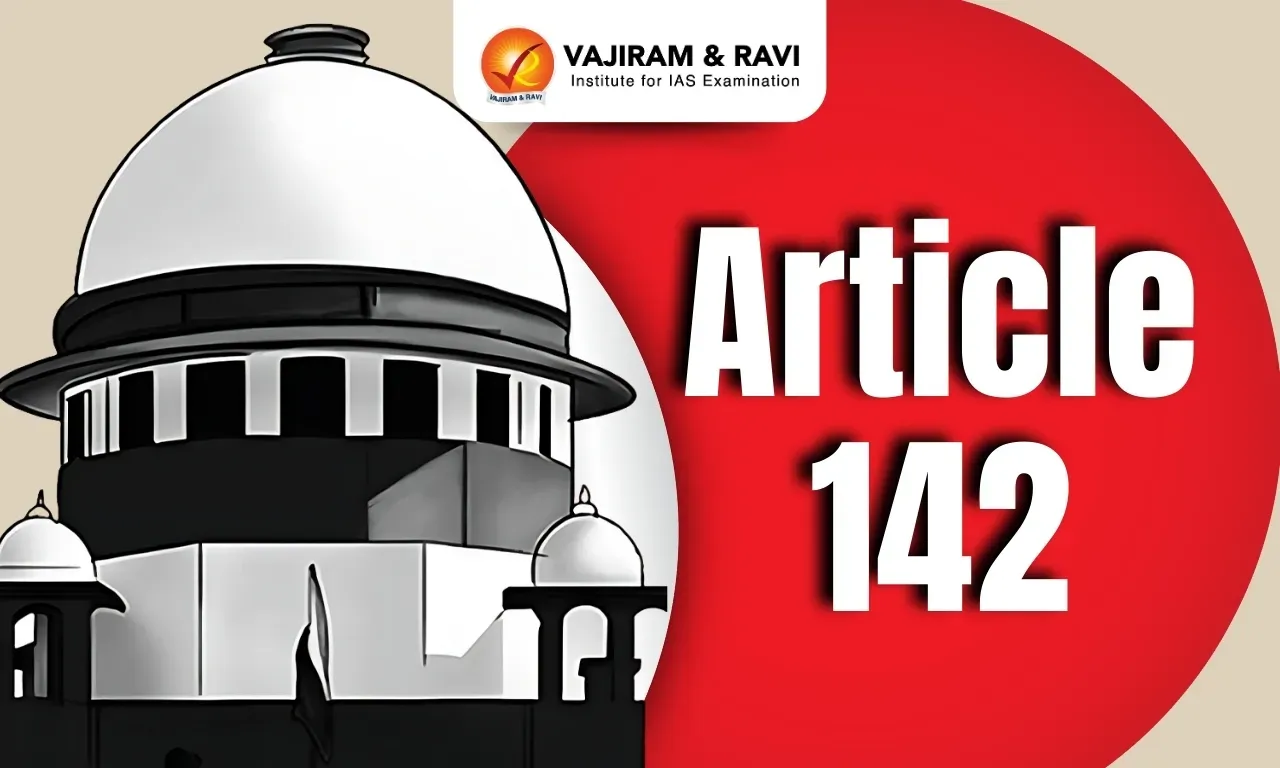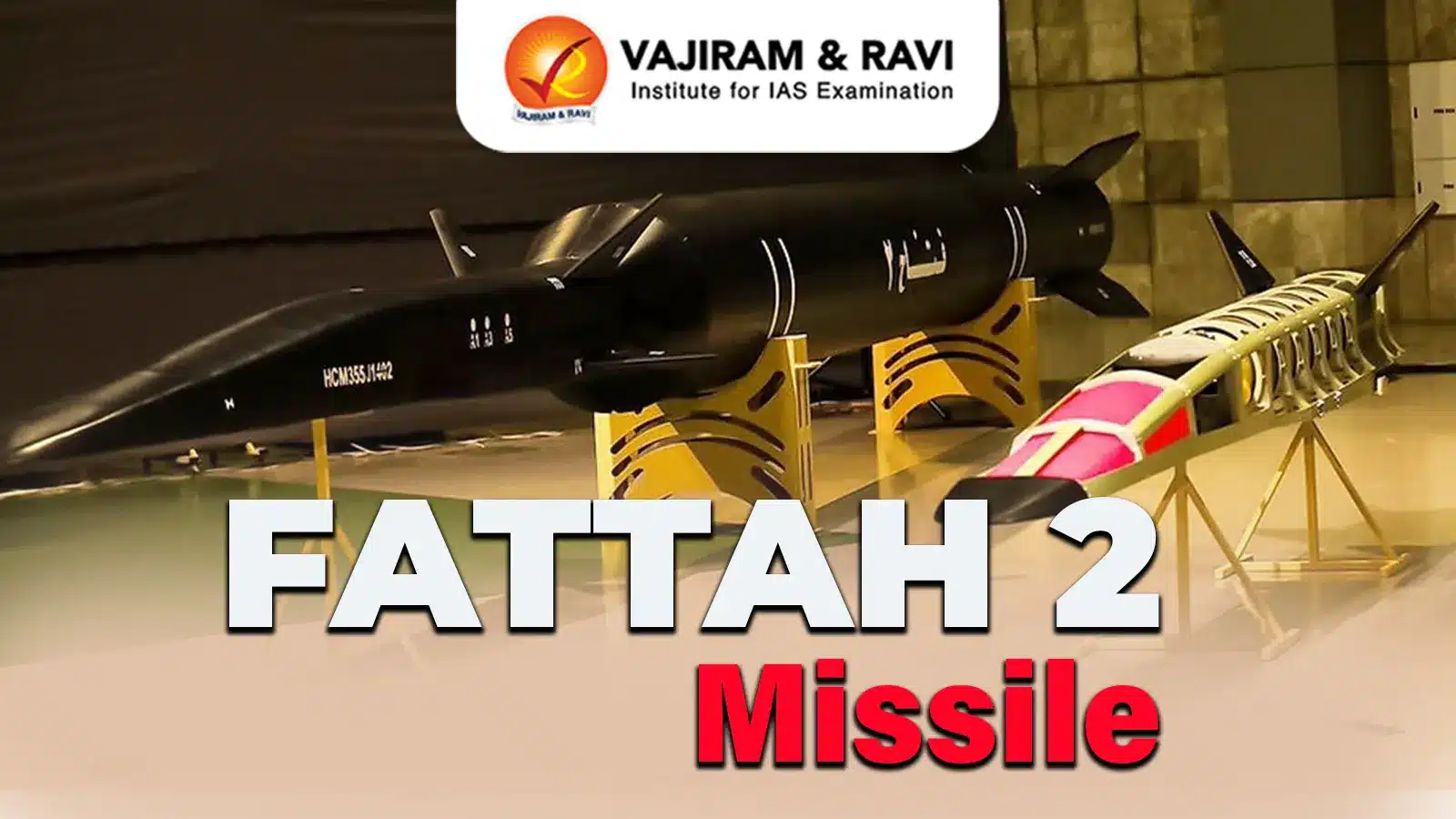Article 142 Latest News
Recently, the Vice-President criticized Article 142 as a “nuclear missile against democratic forces”, especially after its use in the Tamil Nadu Governor’s case.
What is Article 142?
- Article 142 empowers the Supreme Court to pass any order or decree necessary for complete justice in any pending case before it. This power is discretionary and unique to the apex court.
- The concept of complete justice means ensuring justice beyond technicalities by filling legislative gaps, and interpreting or even overriding laws when necessary to protect constitutional values, fundamental rights, and social welfare.
- The framers of the Constitution, especially Dr. B.R. Ambedkar, intentionally entrusted this extraordinary power only to the Supreme Court. The jurisprudence under Article 142 has developed over 50+ years, with the Court maintaining self-imposed limits.
- Article 142 elevates the Supreme Court’s role as the guardian of the Constitution, enabling it to intervene in cases involving public interest, human rights, or democratic breakdown, ensuring justice where legislative or executive action is lacking.
- The Article strengthens democracy by protecting the rights of minorities, ensuring equal treatment before the law, and acting as a check on executive and legislative overreach.
- Article 142 promotes judicial innovation by allowing the Court to create guidelines and direct government authorities, especially in cases involving public interest and constitutional values.
- The lack of a clear definition of “complete justice” can lead to subjectivity, inconsistent rulings, and unaccountable discretion. This raises concerns under the basic structure doctrine, particularly the separation of powers.
Source: IE
Last updated on June, 2025
→ UPSC Notification 2025 was released on 22nd January 2025.
→ UPSC Prelims Result 2025 is out now for the CSE held on 25 May 2025.
→ UPSC Prelims Question Paper 2025 and Unofficial Prelims Answer Key 2025 are available now.
→ UPSC Calendar 2026 is released on 15th May, 2025.
→ The UPSC Vacancy 2025 were released 1129, out of which 979 were for UPSC CSE and remaining 150 are for UPSC IFoS.
→ UPSC Mains 2025 will be conducted on 22nd August 2025.
→ UPSC Prelims 2026 will be conducted on 24th May, 2026 & UPSC Mains 2026 will be conducted on 21st August 2026.
→ The UPSC Selection Process is of 3 stages-Prelims, Mains and Interview.
→ UPSC Result 2024 is released with latest UPSC Marksheet 2024. Check Now!
→ UPSC Toppers List 2024 is released now. Shakti Dubey is UPSC AIR 1 2024 Topper.
→ Also check Best IAS Coaching in Delhi
Article 142 FAQs
Q1. What is Article 142?+
Q2. Why is Article 142 considered unique?+
Q3. Can Article 142 override existing laws?+
Tags: Article 142 Article 142 upsc
























